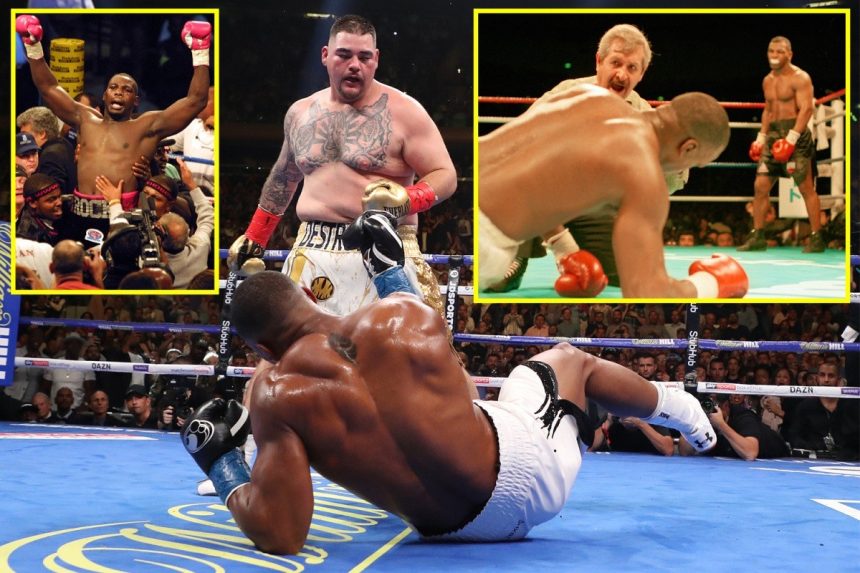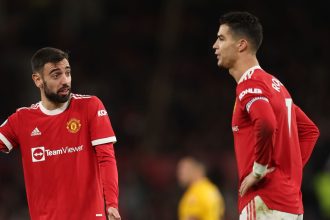In the world of boxing, talent and hard work are undeniably crucial for success. However, the role of promotion often goes overlooked, yet it can be the deciding factor in a fighter’s legacy. A champion’s journey is not solely defined by their skills in the ring; it is also shaped by the promotional strategies that elevate their profile, secure lucrative fights, and build a lasting brand.
Promoters are the architects of a fighter’s public persona, and their influence can either propel a boxer to legendary status or leave them languishing in obscurity. This article delves into how the right promotion can make or break a boxing champion’s legacy, highlighting key elements that contribute to a fighter’s success both inside and outside the ring.
The Power of Promotion
Promotion in boxing encompasses a wide range of activities, from marketing and public relations to event management and sponsorship deals. A well-executed promotional strategy can create a buzz around a fighter, drawing in fans and media attention. This is where companies like Queensberry Promotions come into play, offering a platform for fighters to showcase their skills and build their brands.
Promoters are responsible for arranging fights, negotiating contracts, and ensuring that their fighters receive the recognition they deserve. They also play a pivotal role in shaping a fighter’s narrative, crafting a story that resonates with fans and creates a connection. This narrative can be a powerful tool, influencing public perception and ultimately impacting a fighter’s legacy.
Building a Brand
A successful boxing career is not just about winning titles; it’s about building a brand that resonates with fans. Promoters help fighters develop their image, from their ring persona to their social media presence. This branding is essential for attracting sponsorships and endorsements, which can significantly boost a fighter’s income and visibility.
For instance, consider the case of Anthony Joshua. His rise to fame was not solely due to his impressive knockout power but also the way he was marketed. Joshua’s image as a disciplined athlete and role model was carefully crafted, making him appealing to a broad audience. His partnership with various brands and his ability to engage with fans on social media have solidified his status as a global icon.
Conversely, a lack of effective promotion can hinder a fighter’s potential. Many talented boxers have struggled to gain recognition due to inadequate marketing efforts. Without a strong promotional backing, even the most skilled fighters can find themselves overshadowed by their more marketable counterparts.
Securing the Right Fights
Promoters play a crucial role in securing fights that not only challenge a boxer but also enhance their reputation. High-profile bouts against well-known opponents can elevate a fighter’s status and create memorable moments that define their legacy.
Take the example of Floyd Mayweather Jr. His promotional team was instrumental in orchestrating some of the biggest fights in boxing history, including his match against Manny Pacquiao. This fight, heavily promoted and marketed, became one of the most lucrative in the sport’s history, further cementing Mayweather’s legacy as one of the greatest boxers of all time.
On the other hand, fighters who are not strategically matched may miss out on opportunities to showcase their skills on a grand stage. A lack of high-profile fights can lead to a stagnant career, making it difficult for a boxer to gain traction and build a legacy.
Navigating Controversies
In the world of boxing, controversies are almost inevitable. How a fighter and their promoter navigate these challenges can significantly impact their legacy. A strong promotional team can help manage public relations crises, ensuring that a fighter’s reputation remains intact even in the face of adversity.
For example, when Canelo Álvarez faced criticism for his controversial decision to fight at a catchweight, his promotional team quickly stepped in to clarify the situation and mitigate any potential damage to his brand. By addressing the issue head-on and maintaining open communication with fans, they helped preserve Canelo’s image as a top-tier athlete.
Conversely, a poorly managed controversy can lead to long-lasting damage. Fighters who find themselves embroiled in scandals without proper support may struggle to regain their footing, ultimately affecting their legacy.
The Role of Social Media
In today’s digital age, social media has become an essential tool for promotion. Fighters who effectively utilise platforms like Instagram, Twitter, and TikTok can engage with fans, share their training regimens, and build a loyal following. Promoters play a vital role in guiding fighters on how to navigate these platforms, ensuring that their online presence aligns with their brand.
For instance, the rise of influencers in boxing, such as KSI and Logan Paul, has demonstrated the power of social media in shaping a fighter’s legacy. Their ability to connect with younger audiences has opened up new avenues for engagement and revenue, showcasing the importance of adapting to changing trends in promotion.
Conclusion
The legacy of a boxing champion is a multifaceted construct, influenced by their skills, the quality of their opponents, and, crucially, the effectiveness of their promotion. A strong promotional strategy can elevate a fighter from obscurity to superstardom, while poor promotion can stifle even the most talented athletes.
As the boxing landscape continues to evolve, the importance of strategic promotion will only grow. Fighters and their teams must recognise the value of effective marketing, brand building, and public relations to ensure that their legacies endure long after the final bell rings. In a sport where every punch counts, the right promotion can make all the difference.














